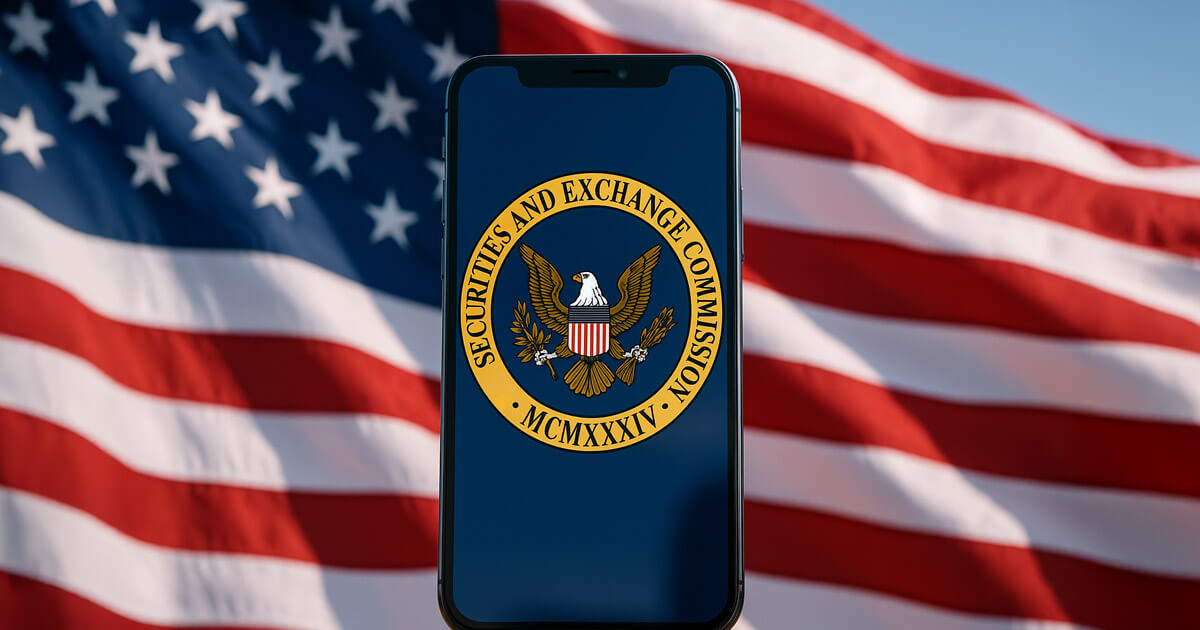SEC’s new interim watchdog Katherine Reilly to target crypto fraud as top priority

Katherine Reilly assumed the role of Acting Inspector General at the U.S. Securities and Exchange Commission (SEC) on May 20, succeeding Deborah Jeffrey, who retired after over two years in the post.
Reilly, a veteran within the agency’s Office of Inspector General, previously served as Deputy Inspector General and Counsel and twice held the acting title during prior transitions.
Her tenure has been defined not by regulatory policymaking but by oversight, audit, and internal investigations into the agency’s ability to execute its mandate amid market complexity, including digital assets.
Reilly’s past performance on crypto
Under Reilly’s leadership, the SEC’s OIG has consistently flagged digital asset fraud as a top operational concern.
In the most recent “Inspector General’s Statement on the SEC’s Management and Performance Challenges” issued in October 2024, Reilly named crypto-related fraud among the agency’s four central obstacles.
The report cited FBI statistics showing retail investors lost $3.96 billion to crypto scams in 2023 alone, with elderly investors representing the most frequently targeted group. It noted that more investor complaints now involve digital assets than any other category submitted to the SEC’s Office of Investor Education and Advocacy.
These tips, complaints, and referrals comprised approximately 18% of all incoming reports in the year covered, revealing the extent to which crypto-related activity continues to dominate investor protection issues.
Reilly’s approach focuses on resource sufficiency and internal vulnerabilities rather than the asset class’s classification or future. She has emphasized the strain on agency resources created by the parallel need to monitor fraud and oversee approved products such as spot Bitcoin and Ethereum exchange-traded products (ETPs).
OIG warnings for digital assets
While the SEC expanded its regulatory scope in approving these instruments, the OIG has repeatedly warned that staffing, analytics, and cybersecurity have not kept pace. A prior memorandum issued in 2023 also noted that a statutory ban on SEC staff owning digital assets hindered the agency’s ability to recruit qualified candidates, creating internal constraints as the Commission contends with increasingly technical market structures.
However, this mandate is weakening as the new SEC Chair, Paul Atkins, holds crypto valued at over $6 million.
One high-profile episode involving digital assets drew particular attention during Reilly’s tenure. In January 2024, the SEC’s official X (formerly Twitter) account was compromised, producing a fake post announcing the approval of a spot Bitcoin ETF.
The tweet, which circulated for only minutes, prompted an immediate $1,000 spike in Bitcoin’s price before it was deleted. Reilly’s office, in collaboration with the FBI, launched a joint investigation that ultimately led to an arrest. The same performance report cited the incident as a failure of basic cybersecurity hygiene, faulting the agency for not enabling multi-factor authentication for the account at the time.
Reilly’s reports, including those from earlier years, have repeatedly framed digital assets as a domain requiring rapid audit responsiveness, not interpretive judgment on securities law.
The 2021 through 2023 performance reviews listed emerging technologies, including crypto, as areas where the SEC struggled to keep pace operationally. This framing reflects the statutory role of the Inspector General, which is limited to internal oversight and efficiency review rather than policy formation or enforcement discretion.
Reilly’s position on digital assets
While Reilly has not publicly commented on Bitcoin or any specific digital asset in a personal capacity, the institutional posture of her office suggests a consistent view: digital assets are a growing market activity segment that exposes investors and the SEC to new types of operational risk.
Her reports do not advocate for or against the legitimacy of crypto markets, nor do they assess the appropriateness of the SEC’s legal theories involving token classification. Instead, they evaluate the Commission’s structural preparedness and resource allocation in the face of digital-market complexity.
As Acting Inspector General, Reilly is expected to continue audits focused on crypto-related fraud detection, internal control modernization, and cybersecurity improvements, particularly those related to agency communication protocols.
With continued attention to the balance between innovation oversight and operational risk, Reilly’s tenure matches the SEC’s new approach, grounded in institutional resilience rather than regulatory posturing.













